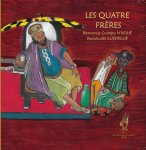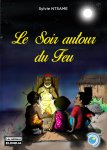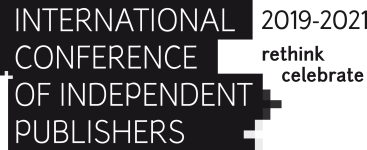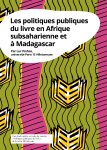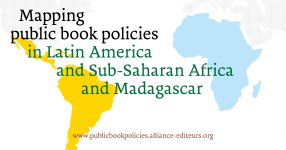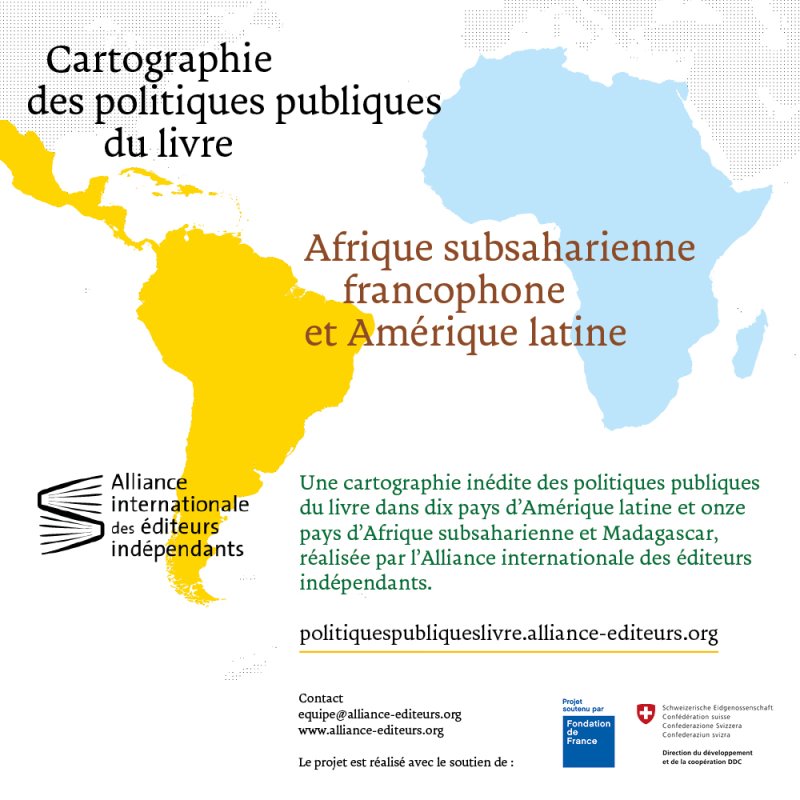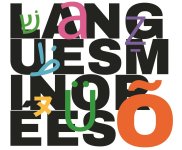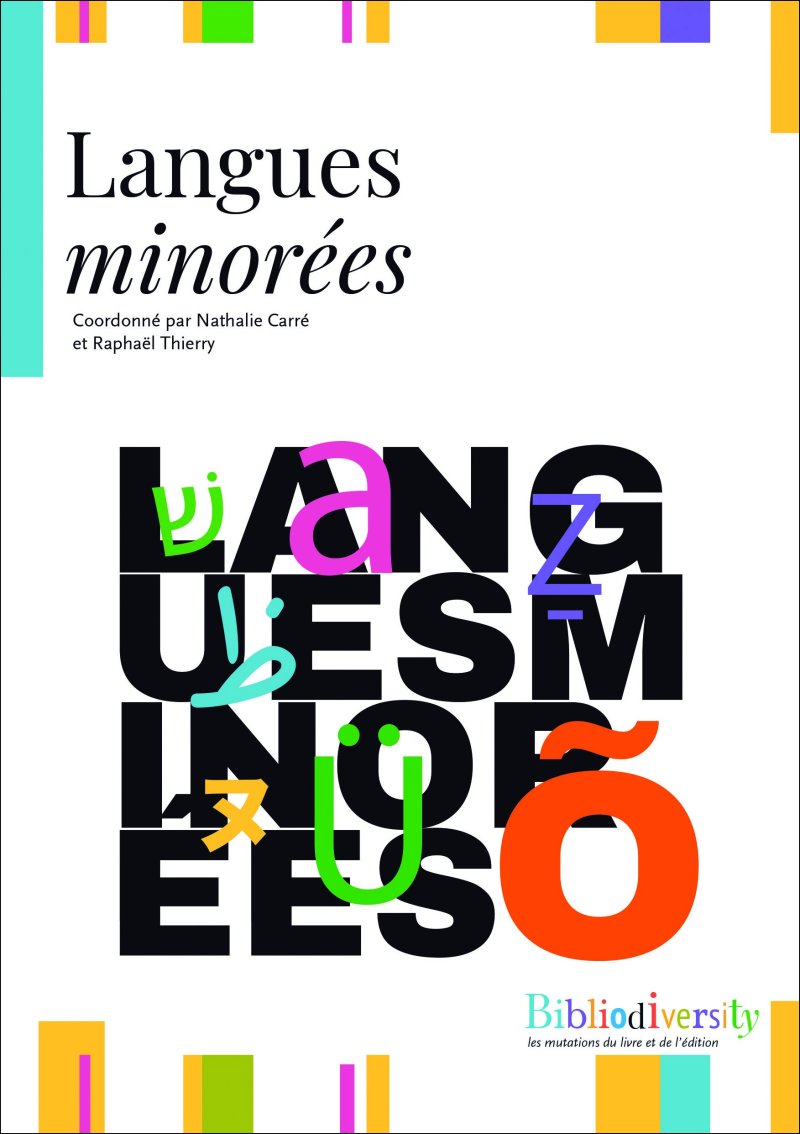
Ramla, Hindou et Safira. Trois femmes, trois histoires, trois destins liés. Ramla est mariée à Alhadji Issa, l’époux de Safira. Sa sœur Hindou épousera son cousin Moubarak. À toutes, l’entourage familial n’aura qu’un seul et unique conseil : Munyal ! Patience !
Violences conjugales, physiques et morales, intrigues, alliances, maraboutismes... Munyal, les larmes de la patience brise les tabous, rompt le silence et lève le voile complice de la condition de la femme dans le Sahel.
Née à Maroua au Nord du Cameroun, Djaïli Amadou Amal vit à Douala. Walaande, l’art de partager un mari et Mistiriijo, la mangeuse d’âmes, ses deux premiers romans, l’ont classée parmi les valeurs sûres de la littérature africaine contemporaine. Mynual, les larmes de la patience a reçu en 2019 le Prix Orange du Livre en Afrique ainsi que le Prix de la Presse panafricaine 2019.
Coéditeurs : Eburnie (Côte d’Ivoire), Ganndal (Guinée Conakry), Graines de Pensées (Togo), Le Fennec (Maroc), Proximité (Cameroun), Ruisseaux d’Afrique (Bénin), Sankofa & Gurli (Burkina Faso), Tombouctou (Mali)
Date de publication de la version panafricaine : 2020, 11,5 X 19 cm
Édition première au Cameroun : Proximité, 2019
Cette coédition solidaire porte le label Le livre équitable.
Couverture de la version marocaine de la coédition :
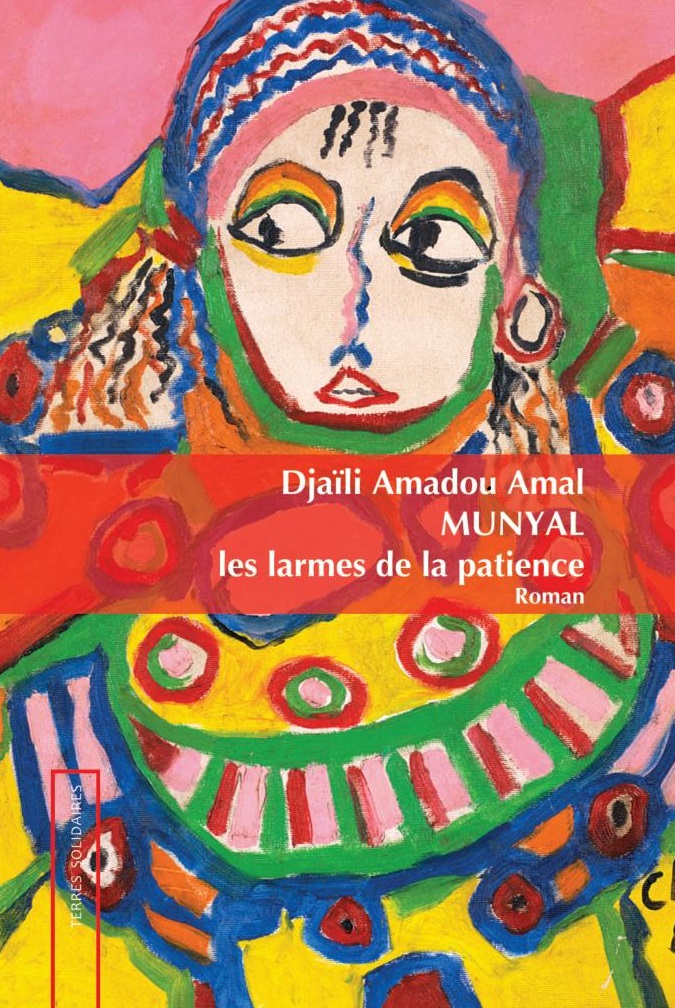
Créée en 2007, la collection « Terres solidaires » est une expérience collective. Elle propose des textes littéraires d’autrices et auteurs africain.e.s, édités par un collectif de maisons d’édition en Afrique francophone. Grâce au principe de la coédition solidaire, les textes circulent, sont disponibles et accessibles pour les lecteurs africains ; l’écosystème du livre local est préservé et renforcé.
La collection « Terres solidaires » est soutenue par l’Organisation internationale de la Francophonie (OIF).
